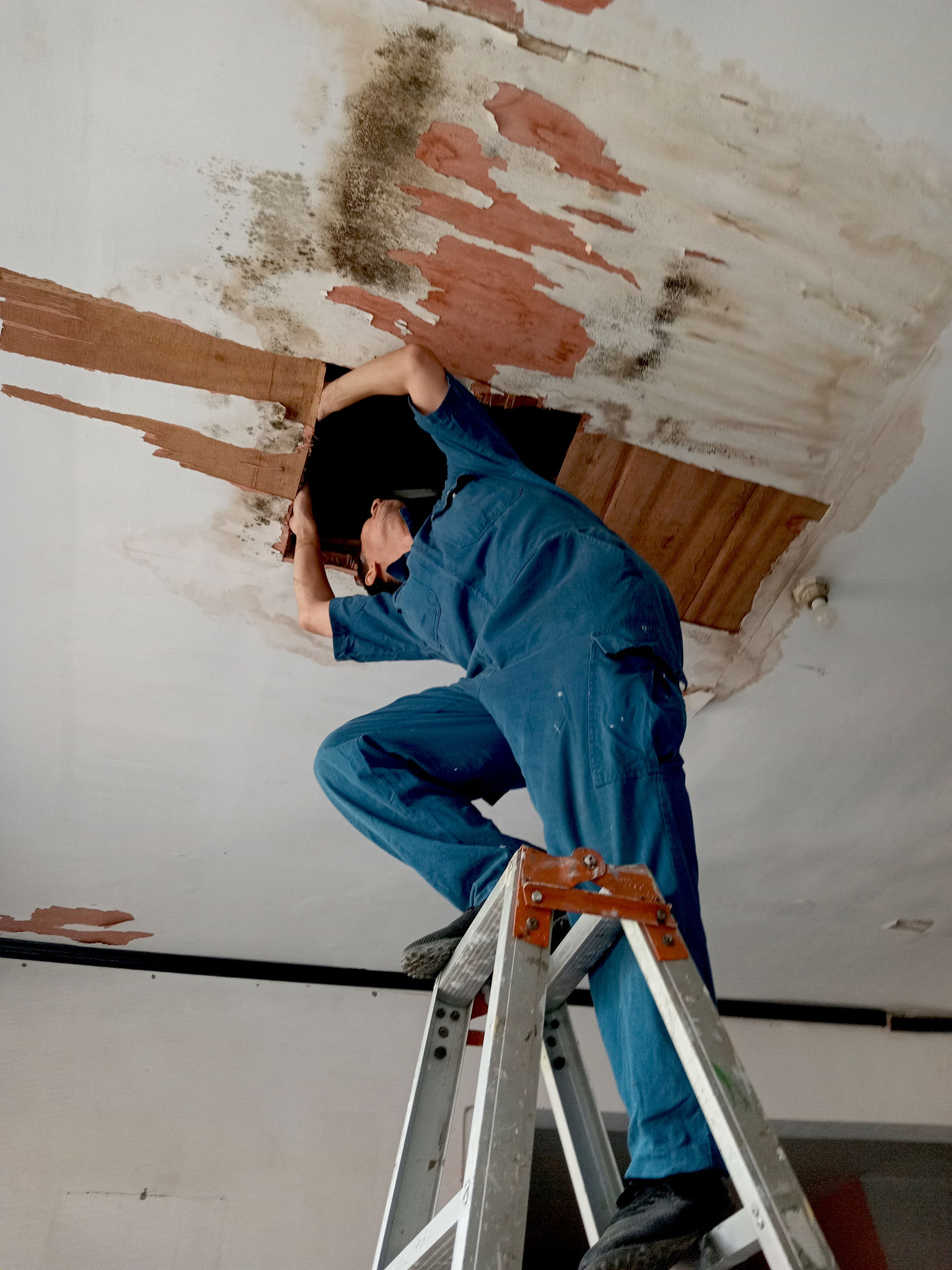Expert Tips for DIY Home Repairs: When to Do It Yourself and When to Call a Pro
Understanding Your Skill Level
Before embarking on any DIY home repair project, it's crucial to assess your own skill level. Are you comfortable with tools and have you completed similar projects successfully in the past? If so, tackling basic repairs like patching drywall or fixing a leaky faucet might be within your reach. However, if you're new to DIY, starting with smaller tasks will help build your confidence and skills gradually.

Simple Projects You Can Tackle
There are several home repairs that most homeowners can handle with a little guidance and patience. Here are a few projects that are generally safe for DIY enthusiasts:
- Painting: Refreshing a room with a new coat of paint is a straightforward way to make a significant impact.
- Replacing Light Fixtures: Changing out a light fixture can modernize your space, but make sure to turn off the power first.
- Fixing Leaky Faucets: Often, a simple washer replacement can stop that annoying drip.
Knowing Your Limits
While the allure of saving money might tempt you to tackle more complex projects, it's important to recognize when a job is beyond your expertise. Electrical work, plumbing alterations, and structural changes are examples of tasks where calling a professional is advisable. Attempting these without proper knowledge can lead to costly mistakes or even dangerous situations.

Benefits of Hiring a Professional
There are several advantages to hiring a professional for certain home repairs. Experienced contractors bring extensive knowledge and skills to the table, ensuring high-quality work and adherence to local building codes. By hiring a pro, you can save time and reduce stress, knowing the job will be done correctly and efficiently.
Cost Considerations
One of the main reasons homeowners opt for DIY is to save money. However, it's essential to weigh the potential costs of making a mistake against the expense of hiring a professional. If an error could cause damage or safety issues, the investment in a professional could be well worth it in the long run. Additionally, pros often have access to better materials and tools that may not be cost-effective for a one-time project.

When to Call a Pro
Certain situations clearly warrant calling in an expert. Here are some scenarios where professional help is recommended:
- Major Electrical Work: Incorrect wiring can lead to fires or electrocution risks.
- Structural Changes: Alterations to load-bearing walls require precise calculations and expertise.
- Extensive Plumbing Issues: Missteps can lead to water damage and costly repairs.
Conclusion
Deciding whether to tackle a home repair project yourself or hire a professional largely depends on your skill level, the complexity of the task, and potential risks involved. By carefully considering these factors, you can make informed decisions that protect both your home and your wallet. Remember, there's no shame in recognizing when it's time to call in the experts!